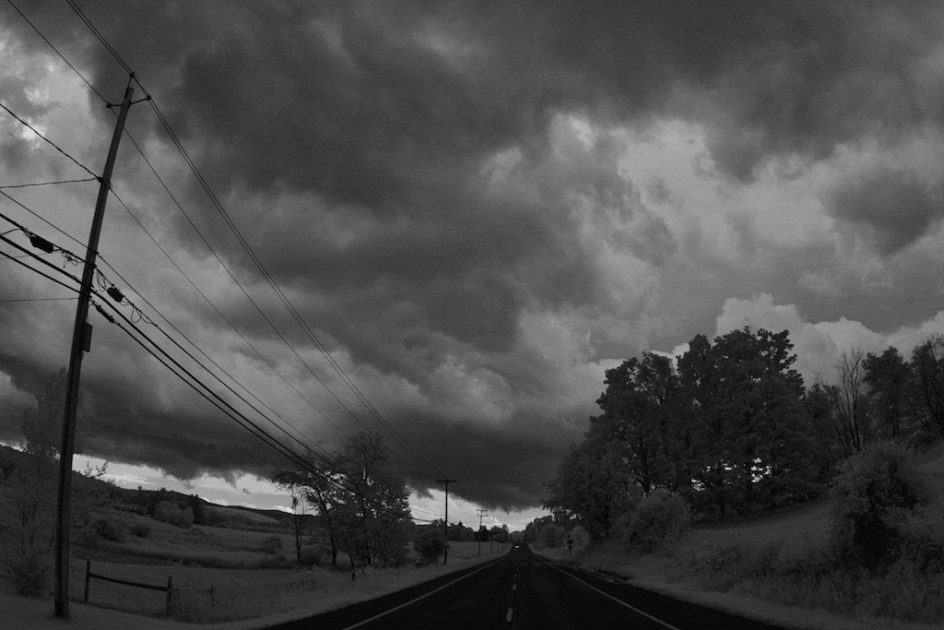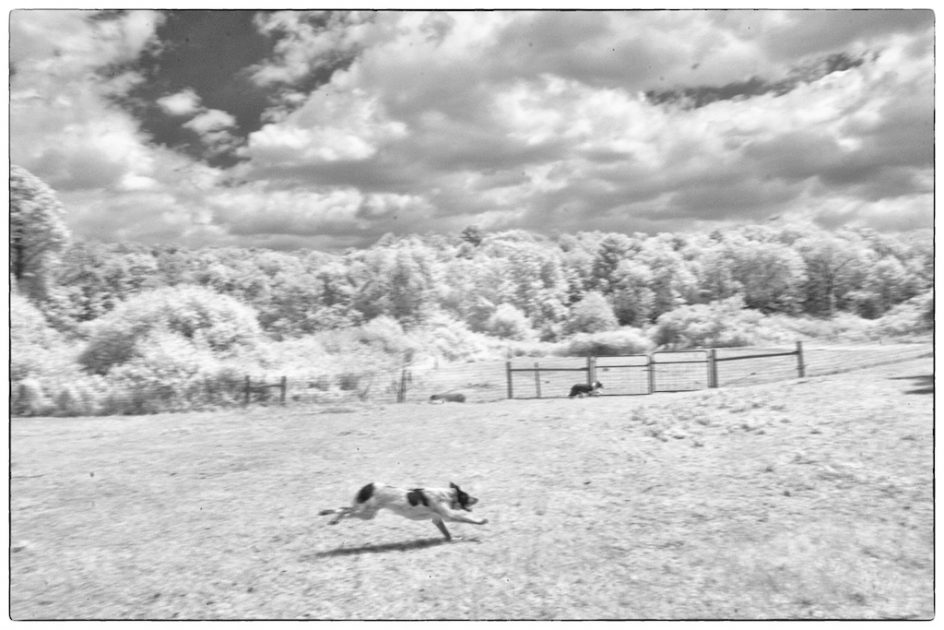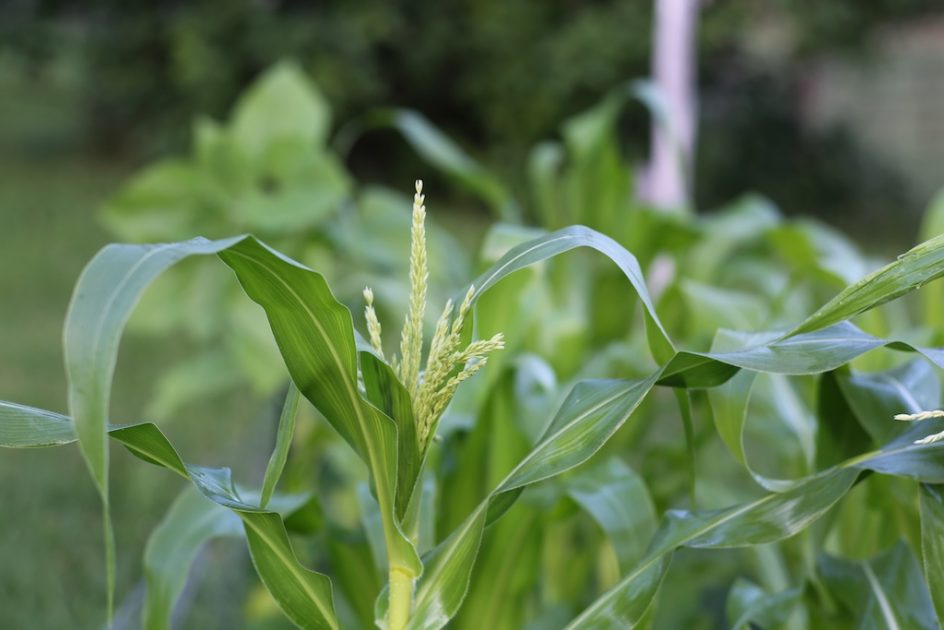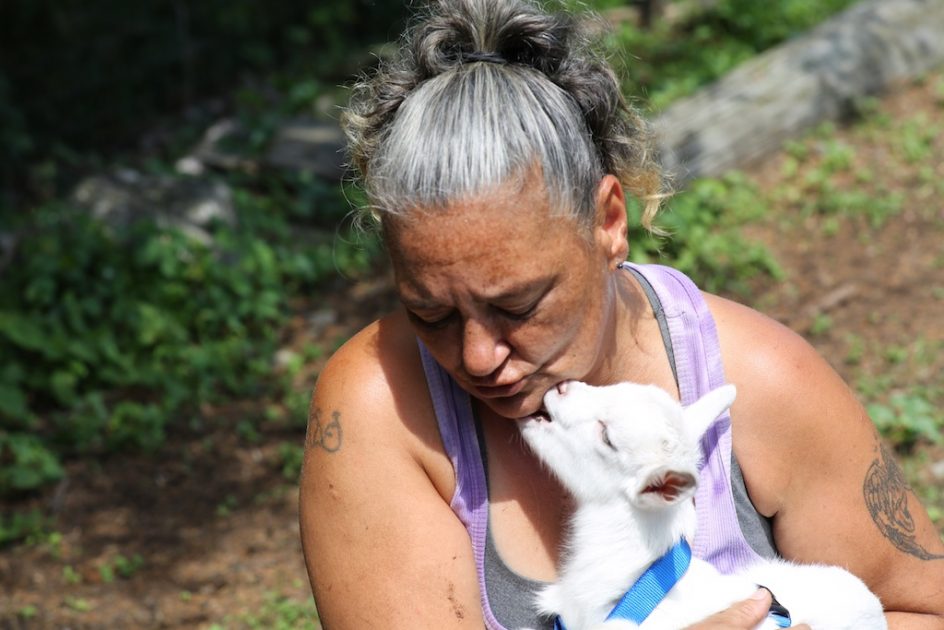
Once you have put your house in order, say the Japanese, your life with change dramatically. It is only when you put your house in order, they say, that your furniture and decorations come to life, that you will feel your whole world brighten. For me, this has proven to be true.
Marx wrote that 90 per cent of the things capitalism creates to build an economy are things people do not really need. This seems a bit exaggerated to me, but there has been much truth to it, at least in my life.
I’ll get to the “Naked Tidying Up” later.
We are constantly being pressured, even bombarded, into buying things we don’t need, and the things we don’t need often seem to become law. Just a few years ago, we went to see a doctor and paid for it. Today we need a vast and expensive system called health care. And we pay even more for that. I have a whole shelf of manuals from my health care provider.
My house and bedroom and study seem to fill up with things that I thought I needed to buy, but rarely, if ever use, and don’t even always see. Buying things is so easy, it takes a few seconds now, and needing things is infectious. Our whole society depends on our needing new and different things all the time.
My study is often cluttered to the point of claustrophobia, my bedroom filled with tubes, lotions, cords and jars. My shelves have old mouses, keyboards, manuals, batteries, most are covered with dust, out-of-date almost from the moment they arrive.
Our living room is crammed with towers of books, my closets crammed with shoes and jackets, socks and sweaters, underwear and pants. The dining room table is a vast repository of bills, receipts, Amazon boxes, charitable pleas, pamphlets and packets crammed with notices, guides, information I am told is urgent, but is not even interesting. No one I know has the time to read or understand the things we are agreeing to.
Many of us suffer from dis-organization and clutter, a kind of overwhelming cultural suffocation that chokes our spirits, weighs us down, clouds our mindset. We spend more time cleaning up than we do living our lives.
Into this morass comes something else to buy, of course, a book about clutter by Japanese cleaning consultant Marie Kondo who takes the very idea of tidying and organizing to a new level. In case you don’t know, organizing has become a multi-billion dollar business in America, which tells us just how cluttered and complicated our lives have become.
Kendo has sold more than six million copies of her new book, “the life-changing magic of tidying up: the Japanese art of de-cluttering and organizing.” Her radical organizing philosophy has become a faith to many. In our culture, we see few gurus or wise men or women, our best minds are all drowned out by the screaming zombies of the left and the right on cable news.
In spirituality, medicine, even veterinary care, we are fascinated by all things Asian, we infer great wisdom from cultures older than ours. Kendo taps into this almost desperate infatuation in her fascinating book, although her methods are too complex and dramatic for me. I love her big idea. And she is right about how profound a change in mindset it demands.
De-cluttering, as I call it, requires a drastic change of mind and mindset as well as a formula and process for tossing things out.
But I keep thinking of Marx: do we really need a foreign philosopher to help us get rid of the junk we are buying and think more carefully about what we bring into our homes? Or is the reality that nobody in our society will caution us about drowning ourselves in stuff, because their livelihood depends on it? When I was young, we had a cleaning woman, a big woman from Ireland, come into the house every now and then – my mother worked every day – and she would come into my room and grab me by one ear: “Hey, you! Get this stuff off of the dresser and put it where I can’t see it or I’ll toss it in the trash!”
It was the neatest any room of mine has ever been.
“Changing lifestyle habits acquired over a span of many years is generally extremely difficult,” Kendo writes in her book. “If you have never succeeded in staying tidy to date, you will find it next to impossible to develop the habit of tidying a little at a time. People cannot change their habits without first changing their way of thinking.”
it is a long and radical process, she says. It has been for me. But not as difficult for me as she says it will be for everyone.I’ve done a lot of things that were a lot more painful, my therapist would testify to that.
I have been changing my thinking about what I bring into my office, bedroom and home for several years now. Maria’s life has always been simpler than mine, she is averse to clutter or to bowing to the capitalist lure. I have changed my way of thinking about what I need, and I have, for a long time, grasped the spiritual and creative significance of “tidying up,” as Kendo calls it.
Maria needs very little, almost none of it new or bought at retail prices. This has been a revelation to me, and I am also powerfully driven towards simplicity and a spiritual life. I just don’t want so many things around me. It is not good for my mind.
I have removed whole dumpsters of things from my life, my house, the rooms I live in. We have carted out hundreds, if not thousands of books, tossed out socks, underwear, sweaters, jackets, callus removers, lotions and cables, old bills and shoes.
My whole notion of what I need has changed. Before I buy anything, I pause, think and consider what my needs really are. Every morning, I sweet my world and remove the things that do not bring me pleasure or joy, as Kendo suggests. It doesn’t matter how much I wanted it, do I enjoy it? Pay attention to it?
Now, I pause before buying anything to see if I still want and need it a few minutes later. Very often, I find, I do not. It is easy to push a “send button,” perhaps too easy. It is difficult to think before you do it.
Maria and I have gone through most of the rooms of the house in the past year or so, and it has been transformative for me.A profound change.
I felt that I literally had no space in my head left to think, I had to move mounds of paper and books just to type in my blog, and that can be dangerous for anyone who needs to think. I can tell you as a long-time book writer that you absolutely cannot write a good book without space in your head and around you think.
Just look at the news to see the consequences of people forgetting how to think, or not having room. There are so many others eager to do it for us and tell us what to think. And Marx was spot on, when we think about it, we need very little of what we are persuaded and cajoled to buy, often without knowing we are being persuaded.
De-cluttering is a spiritual experience for me, the more space I have, the healthier, safer and more creative I am.
Creative people need space in their heads, I think everyone does. Frantic and pressured people become angry and frustrated people. Just look on Facebook.
I turn out to be a ruthless organizer, and Maria is even more savage than I am. She loves to throw things out and create open spaces around us both. Her work demands it, otherwise she would drown in fabric and boxes.
This morning, we woke up early, and Maria had a maniacal grin on her face. “Want to tidy up?,” she asked me, before I was even quite awake. Sure, I said, and then I completely shocked myself and said “let’s do it naked?”
“Naked?,” she said. “Sure.”
I can’t imagine what possessed me to think of that or say it, I am generally quite ashamed of my body and reluctant to show it to anyone. Maria has self-esteem issues sometimes as well.
So it was a big moment. For almost every day of my life, I would not have done it.
I haven’t worn a bathing suit or even shorts in years. It was liberating to be naked, and to be naked with Maria. We laughed and hopped out of bed, let the dogs out into the yard, got to work.
But it worked. I will never look at tidying up the same way, we were laughing the whole time and reveling in our liberation from old neuroses.
Maria disappeared and re-materialized with bags and boxes, and my closets, shelves and drawers emptied out, a blur of things I threw into bags. It went so quickly, it was like a Wiley E. Coyote cartoon.
I have five pairs of socks now, not 20, six pairs underpants, five pairs of jeans, three pairs of shoes, six shirts. The table next to my bed no longer is crammed with bottles and cords and jars, it is spare and orderly. We have a couple of closets yet do, and i grasp that “tidying up,” living simply and with space to breath in body and mind, is kind of faith and practice.
My bedroom has been tidied up, and it is a different space.
For me, it can’t be an annual clean-up, it has to come from a new mindset, a new commitment to thinking differently about space, money, need and peace. It is a major change in life to de-clutter. I loved walking into my study today – it was “tidied up” a month ago, it was the study of someone with a serious mind, some discipline, space to think and create.
So this tidying up is not a single dramatic thing, it is a continuing thing, a vow, a practice.
“People cannot change their habits,” wrote Kendo, “without changing their way of thinking.”
I am with you, Ms. Kendo. She did not suggest doing it naked, I’m not sure if that is an ancient Japanese custom.




